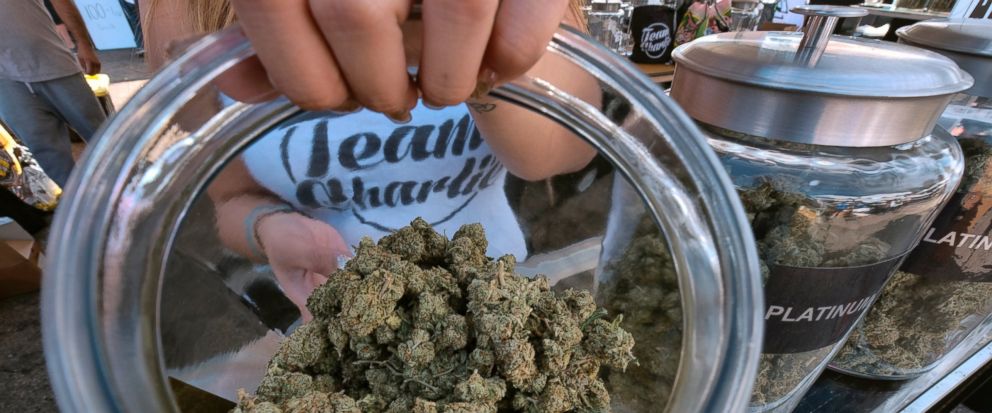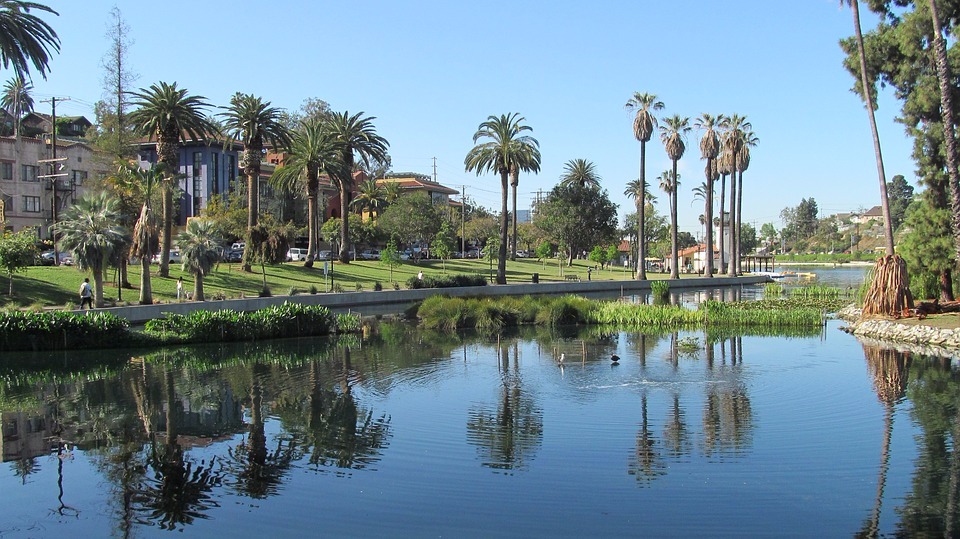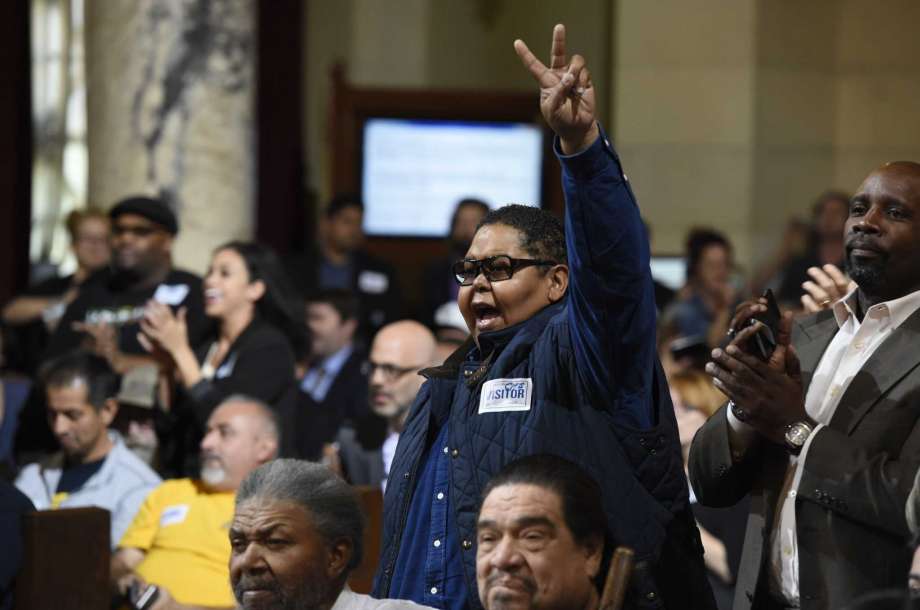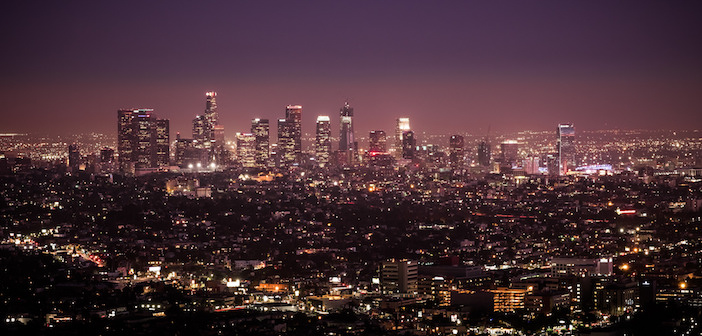Cannabis industry groups, business owners and advocates filled the pew-like seats and lined the back wall at the Los Angeles City Council Chambers on Monday to contest the latest version of L.A.’s cannabis regulations.
That draft was just released last Friday, and it didn’t take long for many in the industry—particularly the growers, manufacturers and distributors—to realize they were getting the short end of the stick. Some groups didn’t even wait until today’s hearing to air their grievances.
“Currently, the city’s draft cannabis regulations includes language gravely concerning to the city’s patients, businesses, and employees and has the potential of shutting down the entire cannabis industry in LA—the city that has been named the world’s largest cannabis industry market,” the Southern California Coalition said in a statement sent over the weekend.
The rest of the cannabis industry, from growers to manufacturers, distributors and testing facilities, would be forced to shutter—or retreat to the black market—until their licensing process is complete. That process could take anywhere from four to nine months. That long a waiting period would be difficult for many small businesses to weather.While the bulk of the proposed guidelines were fairly predictable, one clause came as a very unwelcome surprise. Under the new regulations, only the 135 existing Proposition D dispensaries will be able to apply for a provisional permit that allows them to operate while awaiting permanent licensing.
“It’s horrifying for business owners here and for their employees,” Ariel Clark, founder of the Los Angeles Cannabis Task Force, told Leafly. “It really just continues this attitude of criminalizing the industry.”
Los Angeles is expected to open the application process on December 1, with the Proposition D retailers receiving highest priority. It will be impossible for general applicants to file and receive approval before state laws take effect on Jan. 1 or 2. (The State Bureau of Cannabis Control keeps toggling between the two dates.) This means that come January, L.A.’s supply chain will be virtually shut down.
Cutting off the product source would force dispensaries to turn elsewhere to stock their shelves, and drive out a significant portion of the tax revenue anticipated for the City. Dispensaries would be forced to sever longstanding ties with local businesses, which could result in the diminishing of quality product available to medical marijuana patients. The only benefit might run to surrounding municipalities like Desert Hot Springs, which hosts a number of cannabis companies that would be counted on to supply—or attempt to supply—a much larger portion of the Los Angeles market.
If Los Angeles-based suppliers were forced to shutter, they’d have to lay off employees, many of whom rely on the industry for their livelihood. These are people like THC Design’s Zac Williams, who spoke about how L.A.’s policy would take jobs away from veterans like himself. Williams’s co-worker Steven Passmore agreed, and said his job at THC Design gave him purpose. One L.A. resident and cannabis company employee said the “generous wages” from his job allowed him to support his son and pay off his student loans.
City Council President Herb Wesson acknowledged that the public’s concerns had not fallen “on deaf ears.”The regulatory clause that separates retailers from all others came as a big slap in the face to the industry groups that helped get Measure M approved in March, 2017. As multiple attorneys pointed out during the hearing, this voter-passed proposition was specifically designed to usher in comprehensive legalization of all aspects of the cannabis industry, not just pre-existing retailers.
“I recognize that that’s a flaw. I’m going to address it,” Wesson said at the meeting. “We’re just trying to figure out what route we’re going to take to address that.”
Wesson hinted at possibly introducing a type of grace period for non-retail cannabis businesses that would allow them to stay open while navigating the licensing process. Wesson also solicited input from the crowd, and Clark plans to take him up on his offer. She’s in the process of developing a set of criteria that would allow non-retail businesses to secure a temporary license by fulfilling certain requirements, like proving that they’re operating in a legal zone and that they’ve been complying with the nonprofit collective model required by medical marijuana laws.
At the end of the meeting, Wesson assured the packed room that he had heard their concerns and would address the issue moving forward. In the interest of avoiding future delays however, he intended to move the draft regulations on to the final stages of development.
“At this point it makes sense to me that we at least instruct the city attorney’s office to begin the process of drafting,” said Wesson. “I’m not going to wait and then be panicked for time when we attempt to make this deadline.”
The regulations are expected to appear for a vote before the full Los Angeles City Council next week.
credit:420intel.com








